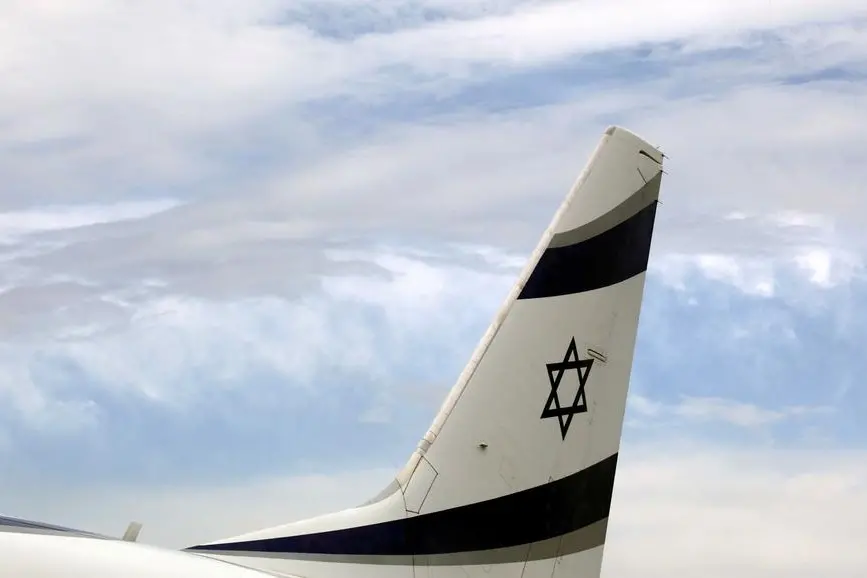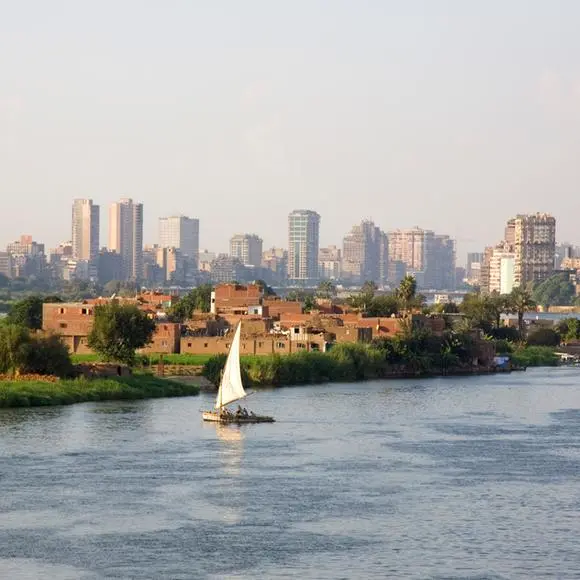PHOTO
JERUSALEM: El Al Israel Airlines reported a nearly 150% jump in profit on Thursday, taking advantage of its near-monopoly status with many foreign carriers having cancelled flights amid the war in Gaza and raising clients' ire over high fares.
Separately, El Al announced a deal with Boeing for the purchase of up to 31 737 MAX aircraft worth as much as $2.5 billion to replace its aging short-haul fleet of Boeing 737-800 and 737-900 planes.
Israel's flag carrier posted a second-quarter net profit of $147 million, up from $59 million a year earlier, before the war with Hamas militants in Gaza that began on Oct. 7. With competition robust, it had often struggled to stay profitable pre-war.
Revenue jumped 33% to $839 million, while its passenger load factor rose to 92% from 87%, even as it expanded capacity by 8%.
Its Tel Aviv-listed shares, however, fell 2% despite the results.
El Al has been criticized by customers in Israel and abroad for price-gouging, as it has emerged as a near-monopoly since the Gaza war triggered by the Hamas attacks in Israel. El Al has benefited as rivals have frequently cancelled services due to the security situation.
El Al rejected the criticism and accusations it was taking advantage of a passenger base with little travel option, saying that half of those who had bought tickets this year were paying less than in 2023.
"We put some constraints on our price list," El Al Chief Executive Dina Ben-Tal Ganancia told Reuters.
ADDITIONAL FLIGHTS
Ben-Tal Ganancia said many passengers were booking late given the security uncertainty and demand was greater than supply. The carrier is also providing flights for a fee to those stranded, from Greece, Cyprus and other areas and has added flights to the United States and Asia.
"So if you bought a ticket with United and now you are coming to El Al (after a cancellation)... you won't find the same price that you bought six months before," she said.
After resuming flights in June, many air carriers have once again cancelled flights to and from Tel Aviv, some of them until 2025, amid threats of a possible attack on Israel by Iran and its proxy Hezbollah in Lebanon.
"The last few days prove to us in particular how fragile the concept of 'open skies' is in relation to Israel," said Ben-Tal Ganancia.
(Reporting by Steven Scheer; editing by Jason Neely, Bernadette Baum and Emelia Sithole-Matarise)




















